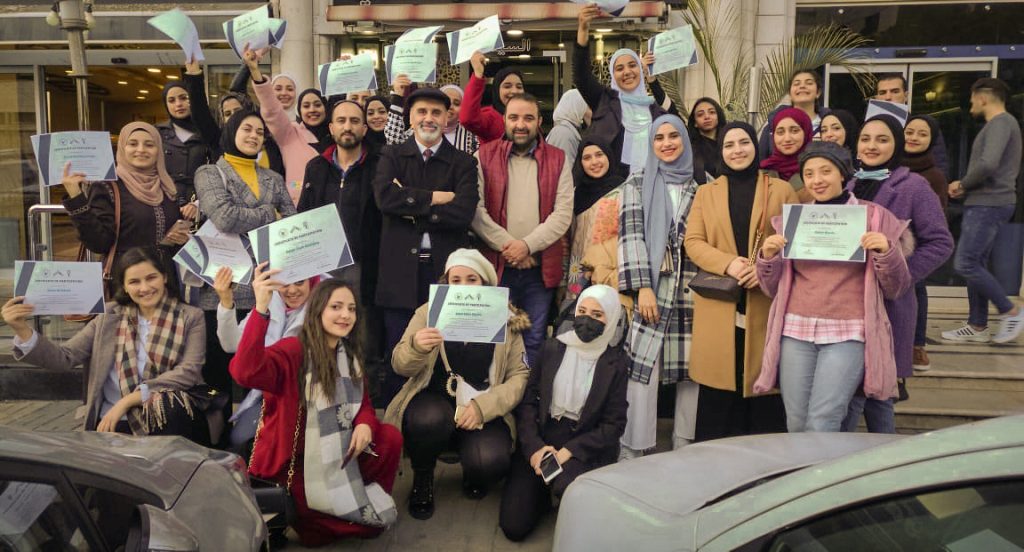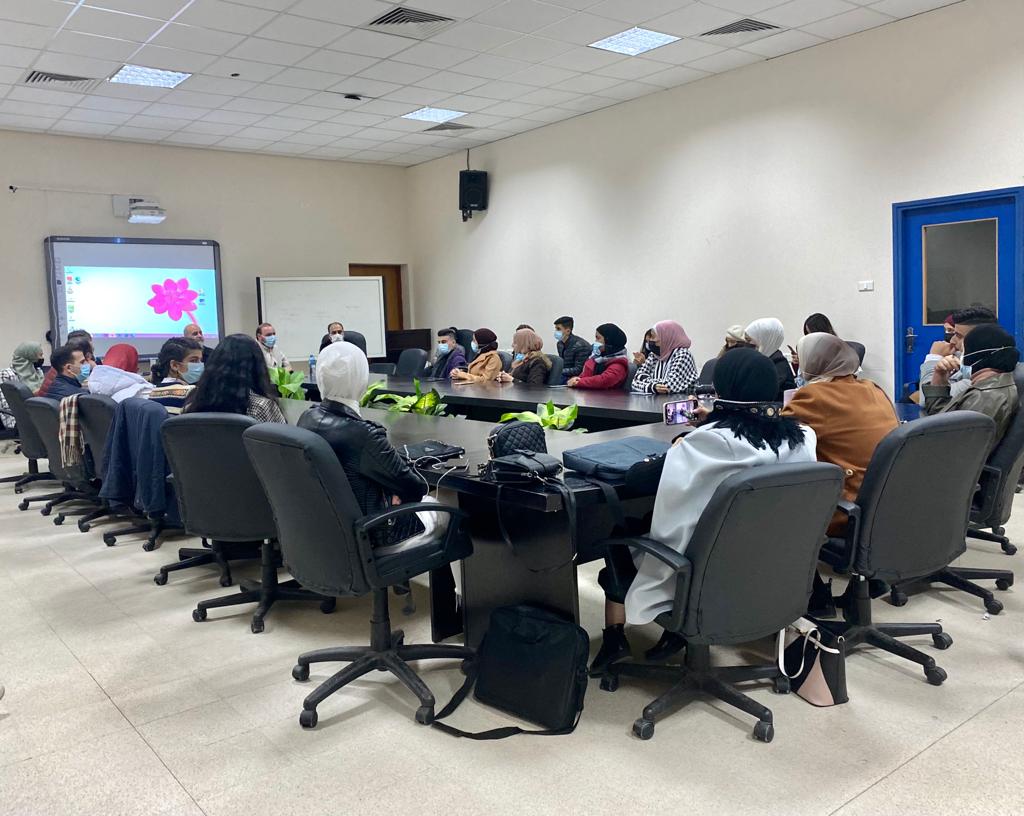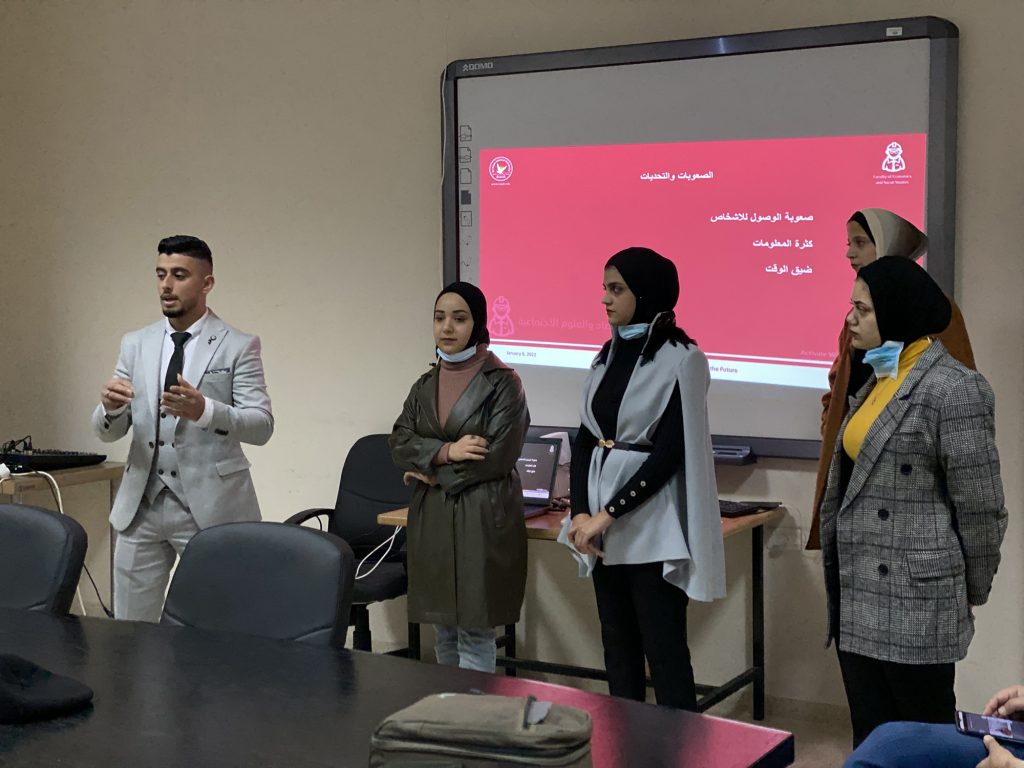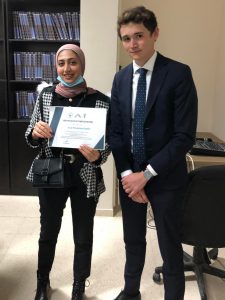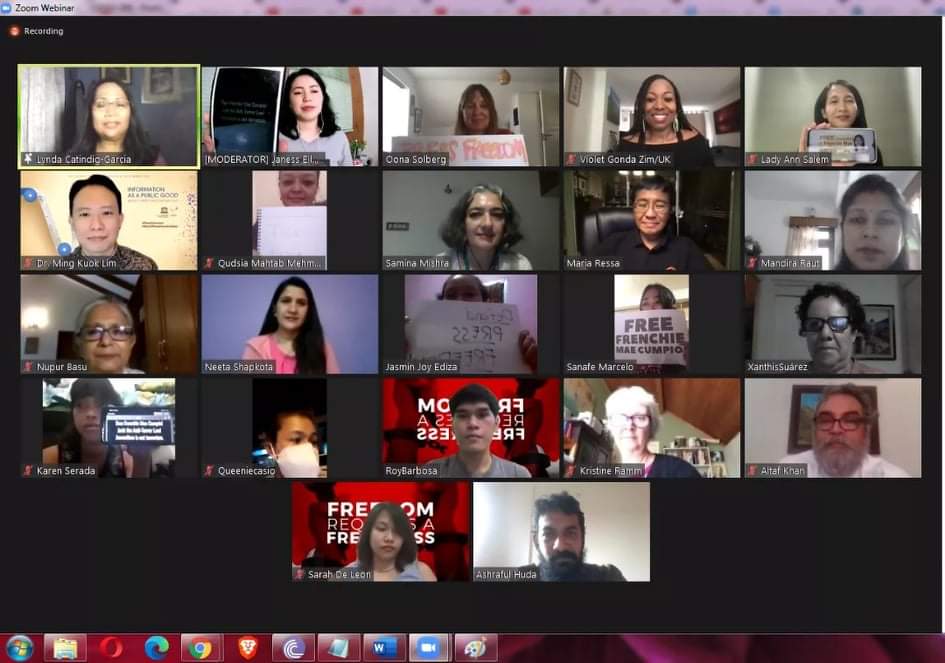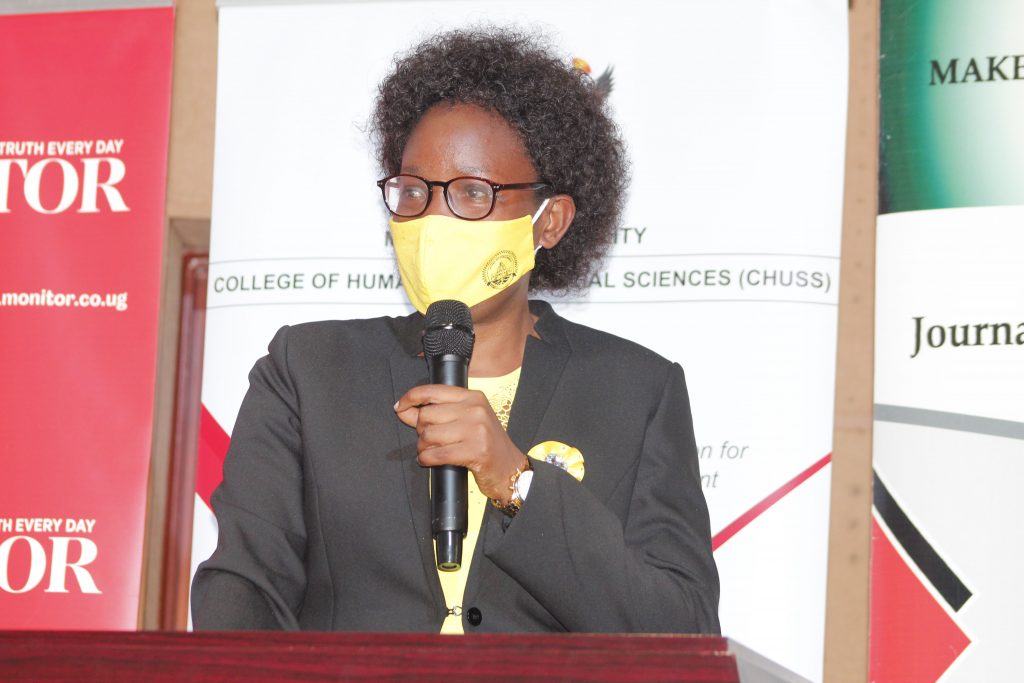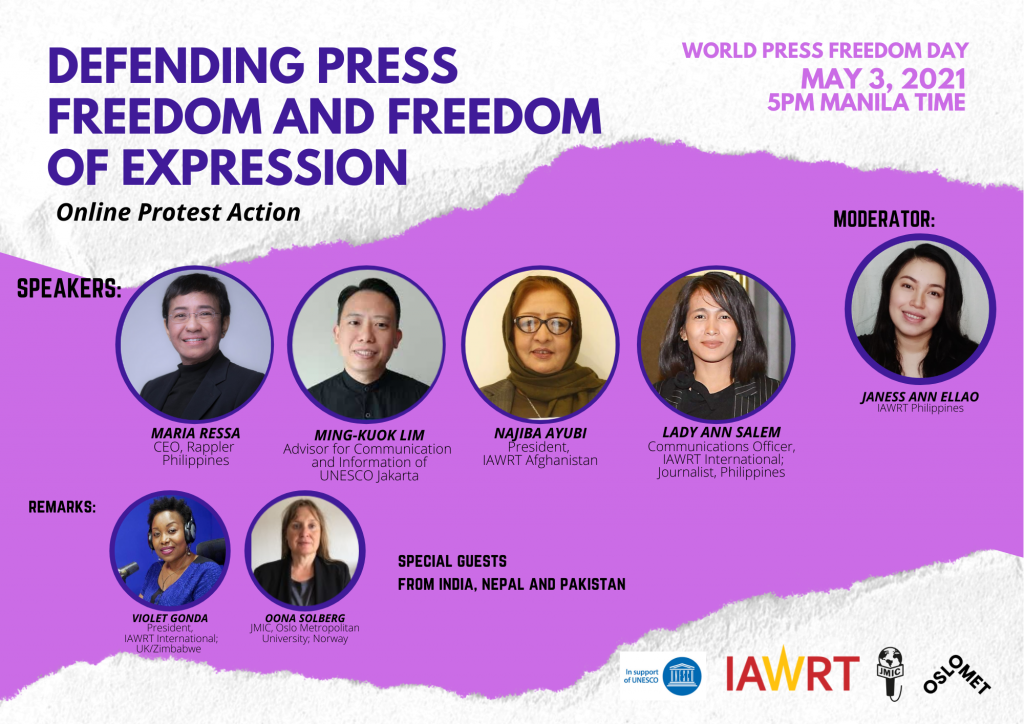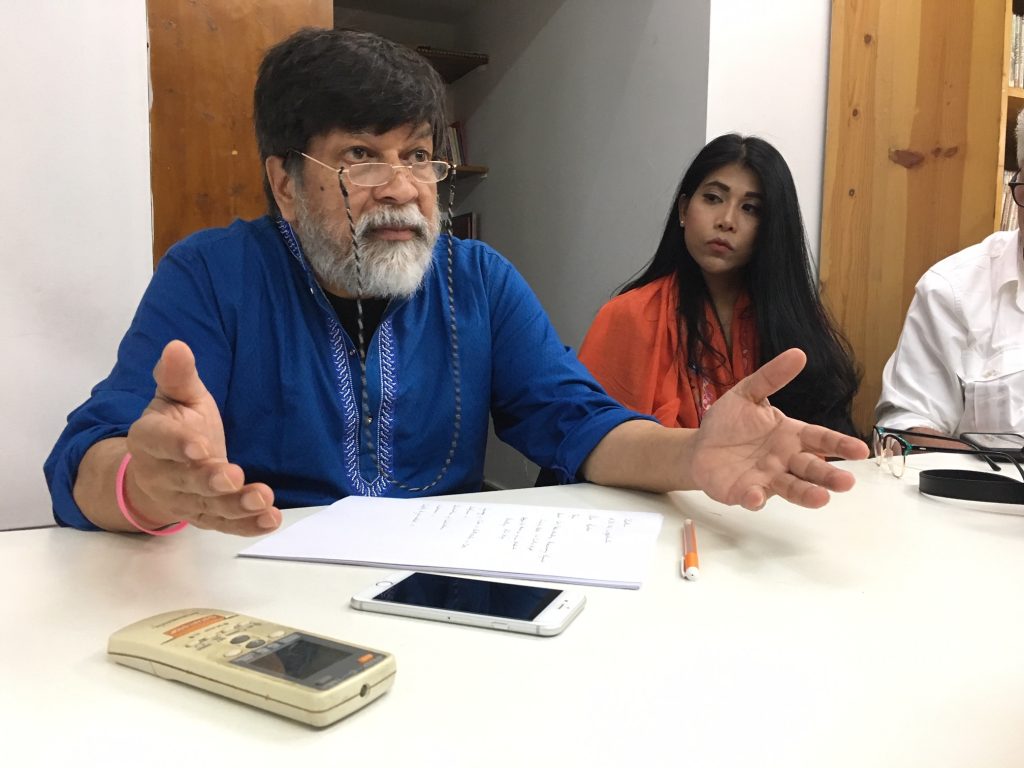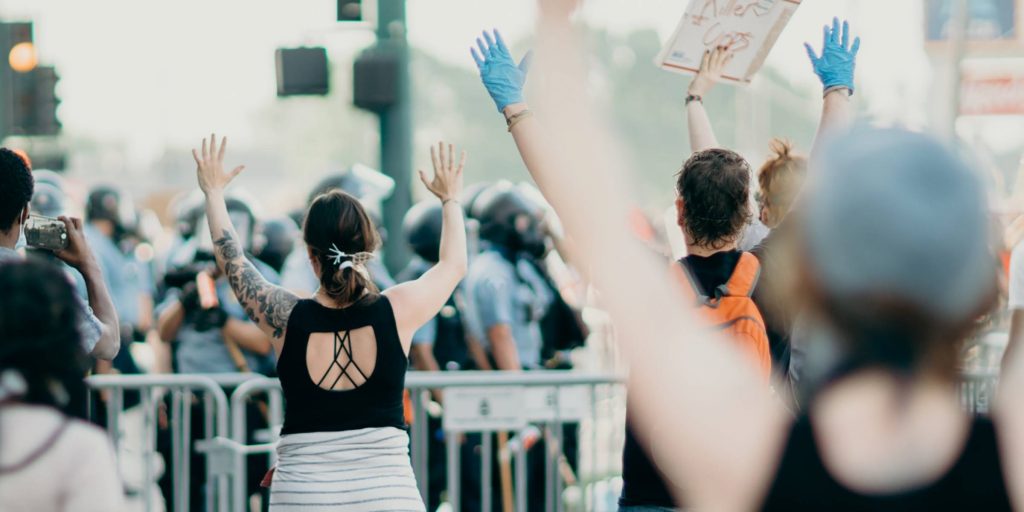Championing Digital Safety
The Africa chapters of the International Association of Women in Radio and Television (IAWRT) are building a continental Action Plan against online harassment of women journalists within and beyond Africa.
The Action Plan build up kick started with an engagement of over 260 female journalists from at least eleven countries in Africa and beyond came together 20 November 2021 to discuss the true face of online harassment against women journalists.
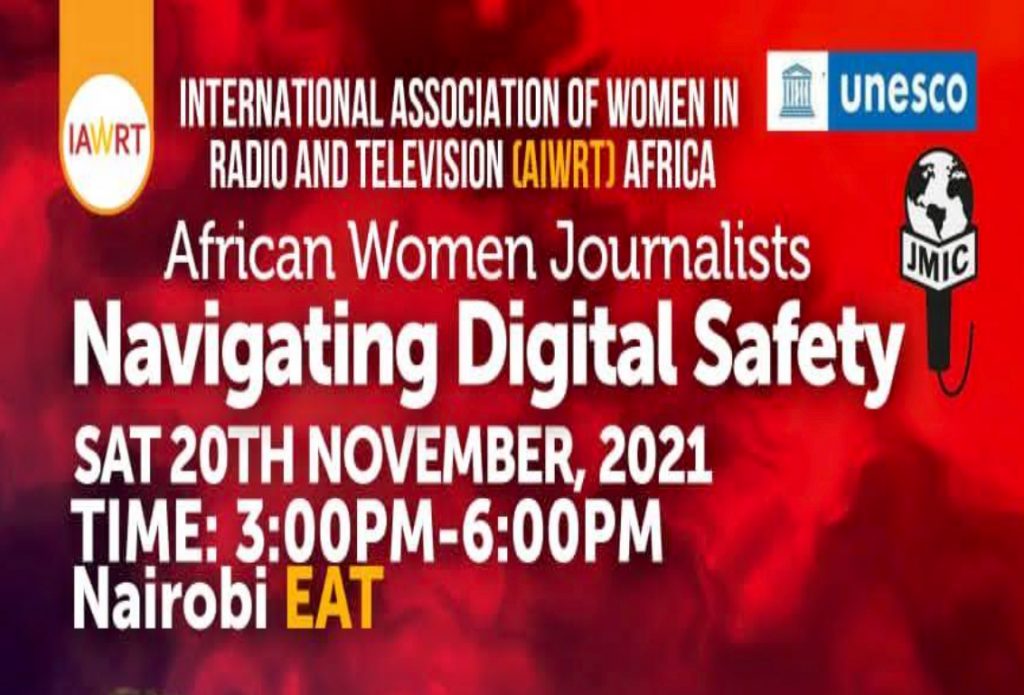
The development of the Action Plan against Online Harassment is hinged against the findings of the UNESCO report, titled “The Chilling: Global trends in online violence against women journalists .
Some of the report findings put it that online attacks against women journalists have political motives. Political actors, extremist networks and partisan media as instigators and amplifiers of online violence against women journalists.
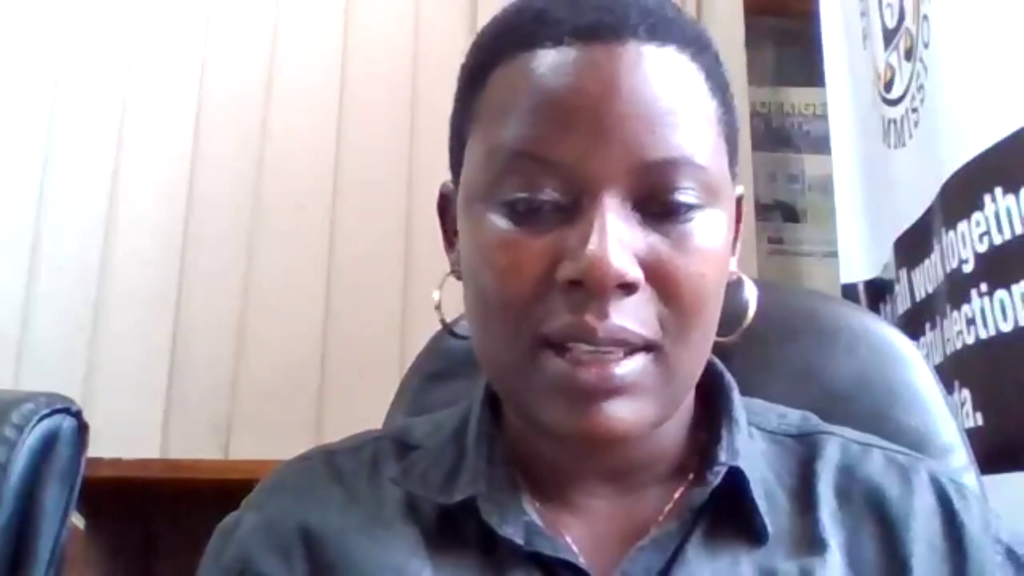
The first engagement was held under the theme, African Women Journalists Navigating Digital Safety under the moderation of IAWRT Secretary Nankwanga Eunice Kasirye who challenged the participants to be deliberate and intentional in identifying the different forms of online harassment, be able to isolate such incidences for pro-active solutions to protect the victims as well as putting to book the perpetrators of harassment.
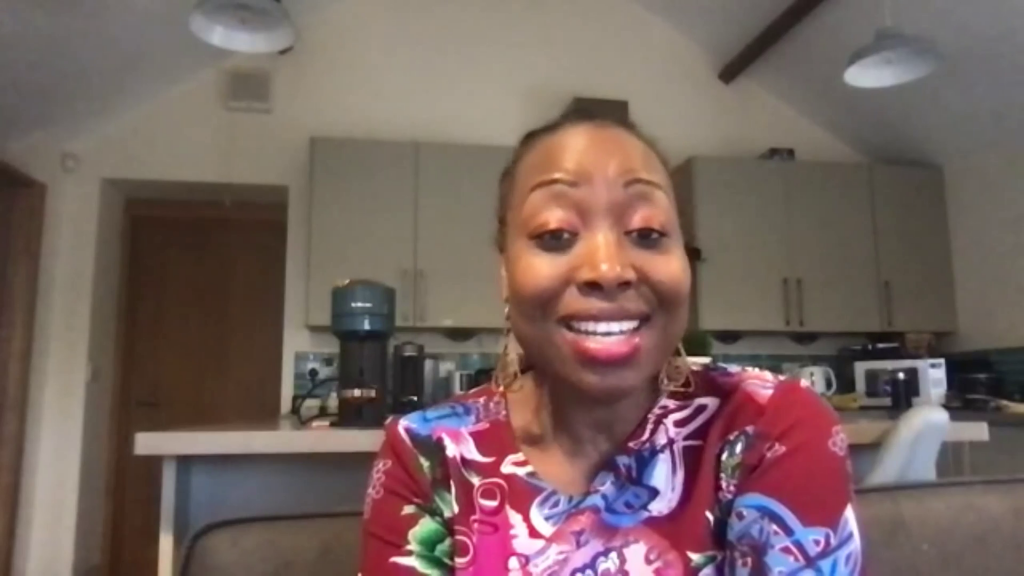
Violet Gonda, the President of IAWRT, encouraged participants to share and learn from each other the different manifestations of violence and harassment both online and offline expressing optimism of devising defensive mechanisms and protection against all forms of harassment through working together with different partners and associates
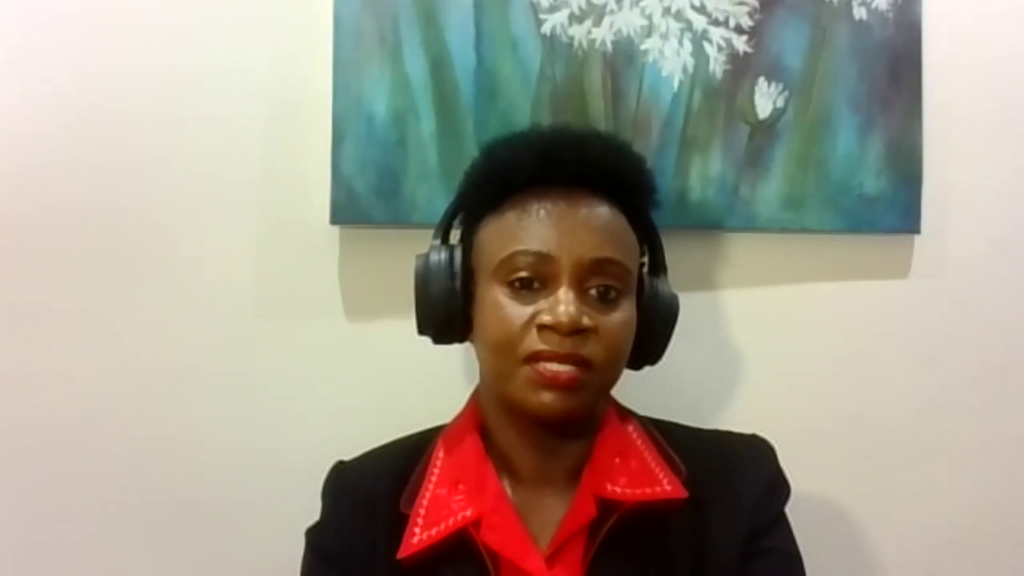
Lydia Gachungi, the Regional Expert for Safety of Journalists and Media Development at UNESCO Regional Office for Eastern Africa, explored the findings of the UNESCO’s report challenging IAWRT through her networks to ensure the silent oppressed voices are truly represented beyond the boardrooms and efforts stretch up to rural and upcountry stakeholders.
Grace Githiaga, an online safety and tools expert from IAWRT Kenya, challenged women journalists to take personal responsibility and take caution while using online spaces.
Rose Mwalimu, a senior IAWRT member also an expert on media and gender issues. explored the gravity of violence offline that eventually manifests into the digital online spaces.
IAWRT members from Tanzania, Cameroon and Uganda shared their personal experience in the face of online and offline violence and harassment while in their line of duty.
The engagement attracted participants from Uganda, Kenya, Tanzania, Cameroon, Ethiopia, Zimbabwe, Ghana, Nigeria, South Africa, Mozambique and USA.
For more information: https://iawrt.org/news/iawrt-africa-chapters-championing-digital-safety

